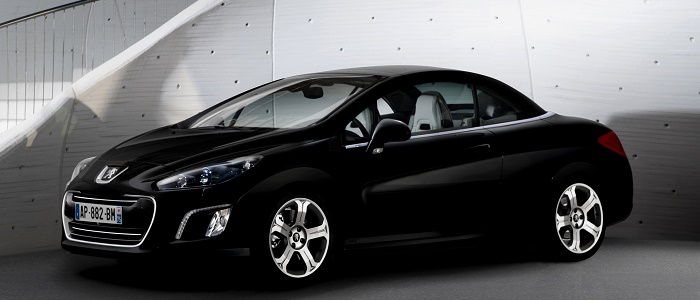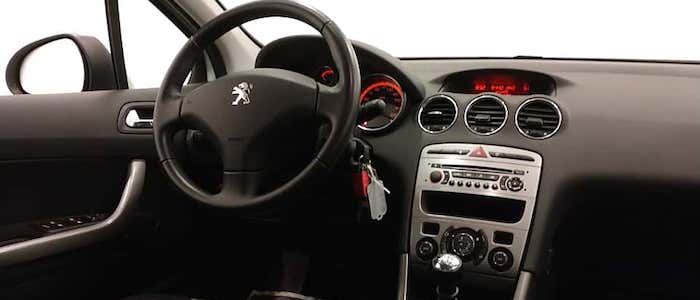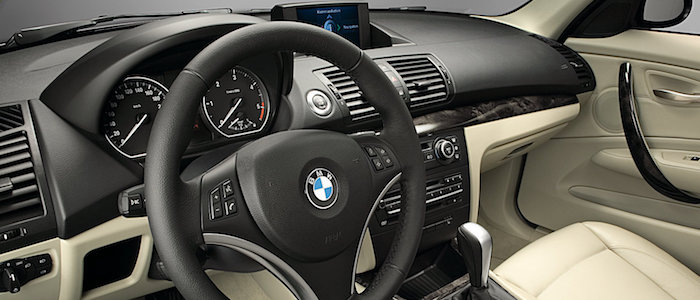Compare two cars
Compare any two cars and get our Virtual Adviser™ opinion
Dimensons & Outlines
Check vehicle history
Engine
Performance (manual gearbox)
Performance (automatic gearbox)
Expenses
Virtual Adviser's™ opinion
Two significantly similar cars, no doubt about that. Still, each one has something different to offer. Having both cars powered by petrol engines and utilizing the 2-door cabriolet body style within the same 'Small family car' segment, the only major difference here really is their wheel drive configuration (front for the Peugeot and rear in the case of the BMW). The first one has a Peugeot-engineered powertrain under the hood, a 4-cylinder, 16-valves 156hp unit, while the other one gets its power and torque from a 4-cylinder, 16-valves 143hp engine designed by BMW.
SafetyA starting point here would be to take a look at the results from European New Car Assessment Programme (Euro NCAP) tests which were performed on both of the cars, with the same number of safety stars gained in the process. Still, apart from the official crash test results there are other things we need to be aware of. Both vehicles belong to the small family car segment, which is generally classifying them somewhere in the middle safety-wise, but that fact doesn't break the tie between the two cars. Furthermore, when it comes to weight, a factor that most people underestimate, the French car offers a marginal difference of 8% more metal.
ReliabilityReliability is not the best thing to consider on the make level, but it is worth mentioning that Peugeot as a brand displays somewhat better results, when all the models are taken into account. That's the official data, while our visitors describe reliability of Peugeot with an average rating of 4.3, and models under the BMW badge with 4.1 out of 5. The same official information place 308 as average reliability-wise, and 1 Series is more or less at the same level.That apart, owners of different cars powered by the same engine as the French car rank it on average as 4.3, while the one under the competitor's bonnet gets 3.0 out of 5.
Performance & Fuel economyBMW is a bit more agile, reaching 100km/h in 0.3 seconds less than its competitor. Still, it lacks the power to win the top speed competition, topping at 210 kilometers per hour, 5km/h less than the other car. When it comes to fuel economy the winner has to be the German car, averaging around 6.6 liters of fuel per 100 kilometers (43 mpg), in combined cycle. We can't ignore that 9% difference compared to the French car.
Verdict
Peugeot is apparently more reliable, not too much, but just enough. The most important thing when deciding between any two vehicles should always be safety, both passive and active. In my opinion, everything taken into account, the French car offers slightly better overall protection and takes the lead. When it comes to performance, both vehicles provide similar experience, so I wouldn't point any of them out. the German car , on the other hand, consumps significantly less fuel, and that's a big plus. No mistake, whatever you decide here, but I'd still go for the BMW. In any case that's my personal view, built upon all the data available to me. What should decide here though is the way you feel about the two vehicles, and I hope you'll find my guidelines useful in the process. In case you have two minutes to spare I invite you to define your needs, desires and budget and see which car would be chosen by the virtual adviser™, among thousands of similar, yet so different vehicles.
































